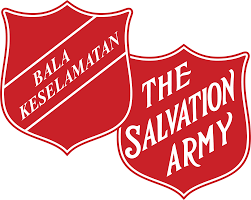The clean water program for communities has the main objective of providing safe, adequate, and sustainable access to clean water. These goals include aspects of disease prevention, improvement of public health, and improvement of overall quality of life. Here are some of the key goals of the clean water program:
Provides Universal Access:
- Ensure that all levels of society have equal and fair access to clean water for consumption, sanitation, and household needs.
Preventing water-related diseases:
- Reduce the risk of water-related diseases, such as diarrhea, cholera, and other diseases, by providing clean, contaminant-free water.
Improving Public Health:
- Improve overall public health by ensuring access to clean water, which is an important factor in disease prevention and health maintenance.
Reduction in Child Mortality:
- Reduce child mortality caused by water-related diseases by providing safe and clean access to drinking water and sanitation.
Reducing the Workload of Women and Children:
- Help reduce the workload, especially for women and children, who often have to spend hours collecting water from remote and unsafe sources.
Sustainable Water Source Management:
- Promote sustainable and resilient management of water sources to ensure long-term availability of clean water.
- Encourage water conservation practices and protection of water sources.
Community Empowerment:
- Involve communities in planning, managing, and maintaining clean water systems, so that communities can feel ownership and responsibility for their own water resources.
Poverty Reduction and Improving Quality of Life:
- Improve overall public health by ensuring access to clean water, which is an important factor in disease prevention and health maintenance.
Control of the Spread of Vector Diseases:
- Prevent water vector-borne diseases, such as malaria and yellow fever, by ensuring water hygiene and effective vector management.
Post-Disaster Recovery:
- Provide a source of clean water and sanitation that is fast and effective in situations of natural disasters or humanitarian crises to protect public health.
A successful clean water program not only provides physical access to clean water, but also involves a holistic approach that takes into account health, social, economic, and environmental aspects to improve the overall well-being of the community.





